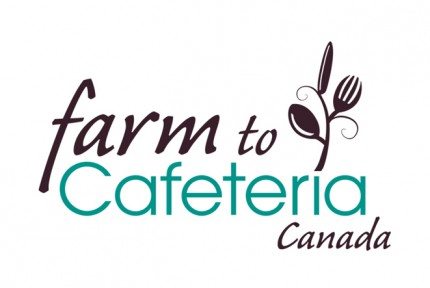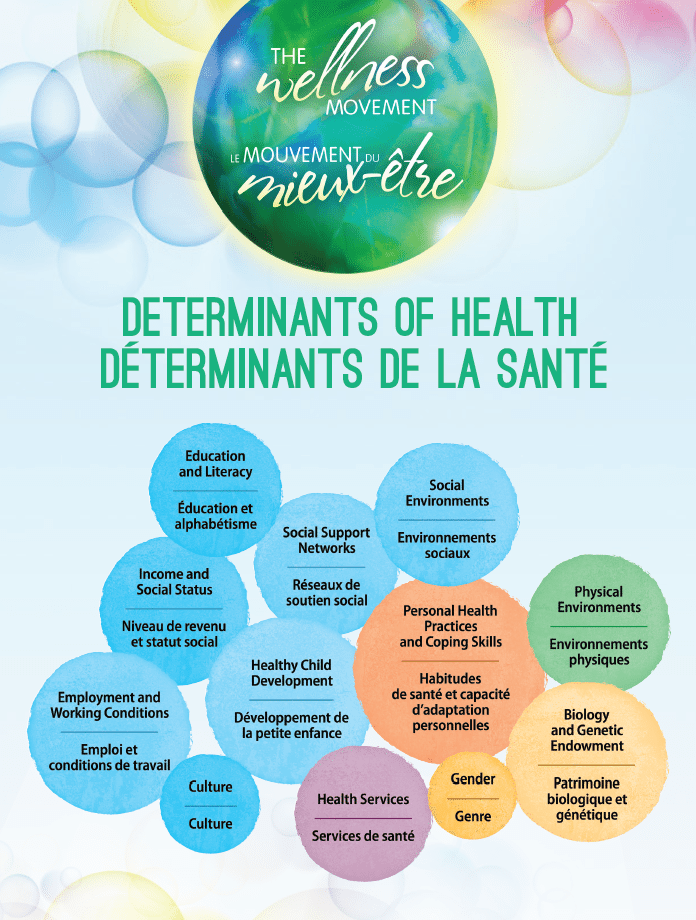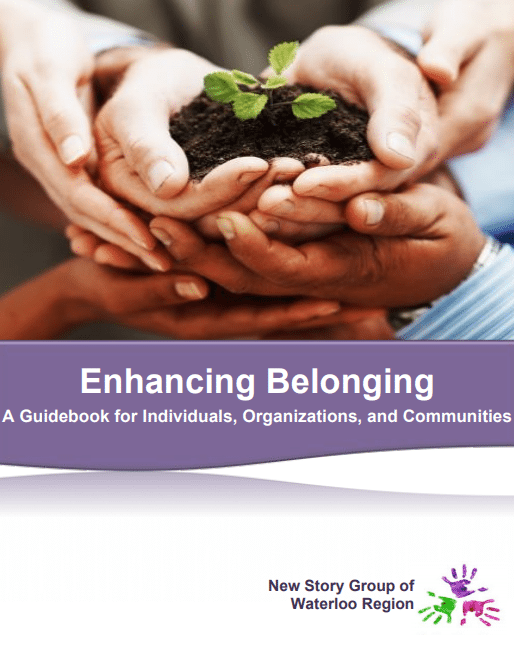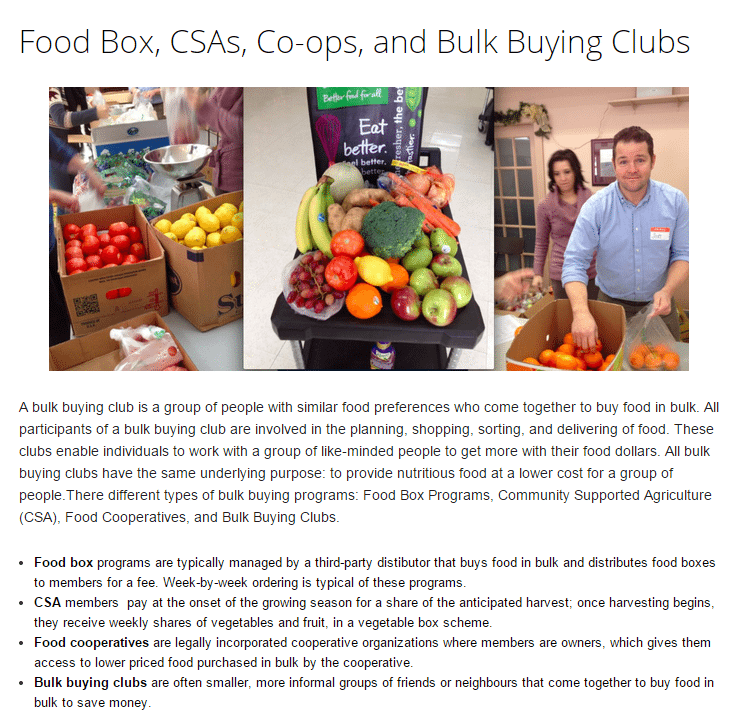Intergenerational programs and activities that bridge the generation gap help to break down barriers among people of varying ages and address issues such as social isolation, ageism, and misunderstanding. Creating supportive environments which enhance opportunities for the sharing of ideas, knowledge and experience will build upon community strengths and move New Brunswick toward creating more Age-Friendly Communities (AFC).
This Intergenerational Toolkit will help communities and organizations engage children, youth and seniors in effectively hosting intergenerational projects. It contains practical information and resources to support educators, care providers, community groups and agencies in coordinating successful intergenerational initiatives.
You may obtain a printed copy of this guide by filling an order form available HERE.
- Author/Origin:
- New Brunswick Department of Social Development - Wellness Branch
Healthy recipe ideas served up to suit your mood and schedule! This website presents a wide array of dietitian-approved recipes, by categories like “energize me!”, “sunlight boost” or “meatless meal”, to name just a few.
Also look for the mobile app on Google Play and the Apple App Store
- Author/Origin:
- Dietitians Canada
A colorful, bilingual poster presenting the 12 determinants of health adopted as part of New Brunswick’s Wellness Strategy. Offered in 8½” by 14″ format to be printed and used as an educational tool to introduce the influence of the determinants of health on an individual’s wellness, or on a population’s general wellness levels. A presentation of each determinant is available in NB’s Wellness Strategy.
- Author/Origin:
- The Wellness Movement
Tips and resources to help you better plan your meals, determine a budget accordingly, store food safely, and help your family to eat well, for less.
- Author/Origin:
- The Mapleton Teaching Kitchen program
A fact sheet about electronic cigarettes: how they work, are they safe, will they help you quit, and more.
- Author/Origin:
- NB Anti-Tobacco Coallition
This guidebook can be used by anyone who is looking to foster a deeper sense of belonging within their communities, the organizations in which they work or volunteer, and in their personal lives. It is principally designed for people working with and supporting members of the community who are most susceptible to marginalization and exclusion. The objective of this guidebook is that the information and strategies shared within its pages will assist community organisations and neighbourhoods in their efforts to enhance the community dynamic of belong so that all people, especially individuals who are most marginalized, feel a sense of belonging.
- Author/Origin:
- The New Story Group of Waterloo Region
Every year, communities, wellness networks, workplaces and school leaders are encouraged to organize a community-based Parks & Trails Day event. This province-wide event is an opportunity to promote healthy, active living in your community while celebrating the many incredible outdoor spaces in our beautiful province. This guide was designed to support any organization or group willing to plan an event.
To view a map of this year’s Parks and Trails Day events or register an event your group will be hosting, visit New Brunswick Trail’s website HERE.
- Author/Origin:
- Parks and Trails Day NB

Farm to Cafeteria programs connect farms to fork bringing local, nutritious and sustainably produced foods into public agencies – places where we learn, work, are healed and play. Farm to School, Farm to University, and Farm to Hospital are all Farm to Cafeteria programs (differentiated primarily by their settings). These programs are an essential component of strong, resilient, and sustainable, regional food systems – systems that contribute to the health of people, place, and the planet. All Farm to Cafeteria programs share a common goal: to increase access to fresh, locally and sustainably grown, nutritious, safe, and culturally appropriate foods in public agencies. And all aspire to a common set of objectives:
- to close the distance between the farm and the tray;
- to support the production, processing and delivery of local foods for public agencies using sustainable practices;
- to increase the amount of local foods purchased by public agencies;
- to increase the consumption of local foods within public agencies;
- to improve knowledge about local foods, the local food system, and healthy eating;
- to improve skills in the areas of food production, preservation, purchasing and serving as well as the disposal of food
wastes; to contribute to the health of the environment; to adopt supportive food policy.
- Author/Origin:
- Farm to Cafeteria Canada
This toolkit is designed to assist community organizations who want to start a farmers’ market. It outlines key steps to starting a market, and provides a range of tools and supports to help along the way.
- Author/Origin:
- Food Security Network of Newfoundland and Labrador
A list of the Food Box Programs, Community Supported Agriculture (CSA), Food Cooperatives, and Bulk Buying Clubs in New Brunswick, by region, with available contact information.
- Author/Origin:
- New Brunswick Food Security Action Network










